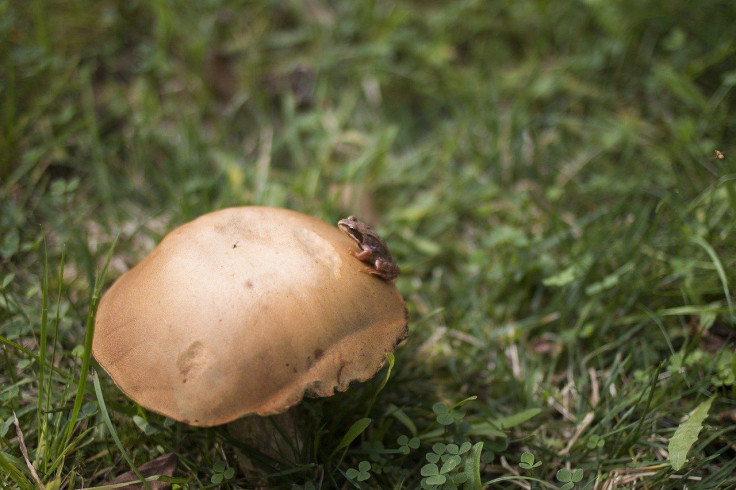Thirteen Dead After Consuming Poisonous Mushrooms In India
KEY POINTS
- The deceased belonged to the tea plantation community in northeastern India
- 35 people were taken ill in the last five days after consuming poisonous mushrooms
- Symptoms of mushroom poisoning can appear between 6 hours and 20 days of ingestion
As many as 13 people were reported to have died after consuming poisonous mushrooms in the northeastern Indian state of Assam.
Four persons were brought to the Assam Medical College and Hospital (AMCH) on Monday with mushroom poisoning. A day later, nine more people were taken ill due to the same reason. AMCH superintendent Dr. Prasanta Dihingia told North East Now that all patients died at the hospital while undergoing treatment.
Dihingia said that a total of 35 patients from the upper Assam districts of Charaideo, Dibrugarh, Sivasagar, and Tinsukia were admitted to the AMCH with mushroom poisoning in five days, according to the Times of India.
"Thirty one adults and four children with mushroom poisoning were admitted to the AMCH of which 13 patients have died. The condition of another minor patient is quite critical," Dihingia told the outlet.
All patients reportedly showed symptoms of nausea, severe abdominal cramps, and shortness of breath hours after consuming wild poisonous mushrooms at their homes.
"Every year people fall ill after consuming poisonous mushrooms," Dihingia told North East Now.
While cases of mushroom poisoning are often reported among communities of tea plantation workers, as in this case, Dihingia noted that educating locals on the presence of toxic mushrooms that look similar to edible ones is important. Symptoms of mushroom toxicity can emerge as early as within 6 hours of ingestion or even after 20 days, he said.
"Most cases of mushroom poisoning were from the tea gardens or were from the tea community people. Every year, such cases are reported from the tea garden areas. People mistake the poisonous mushrooms for the edible ones which they pick up from the forest," Dihingia told the Times of India. "Education of the public about the consumption of mushrooms is very important to prevent such incidents. Such cases are common in the rainy season when mushrooms bloom in the wild. Both the edible variety and the toxic one look similar, resulting in such unfortunate incidents."























